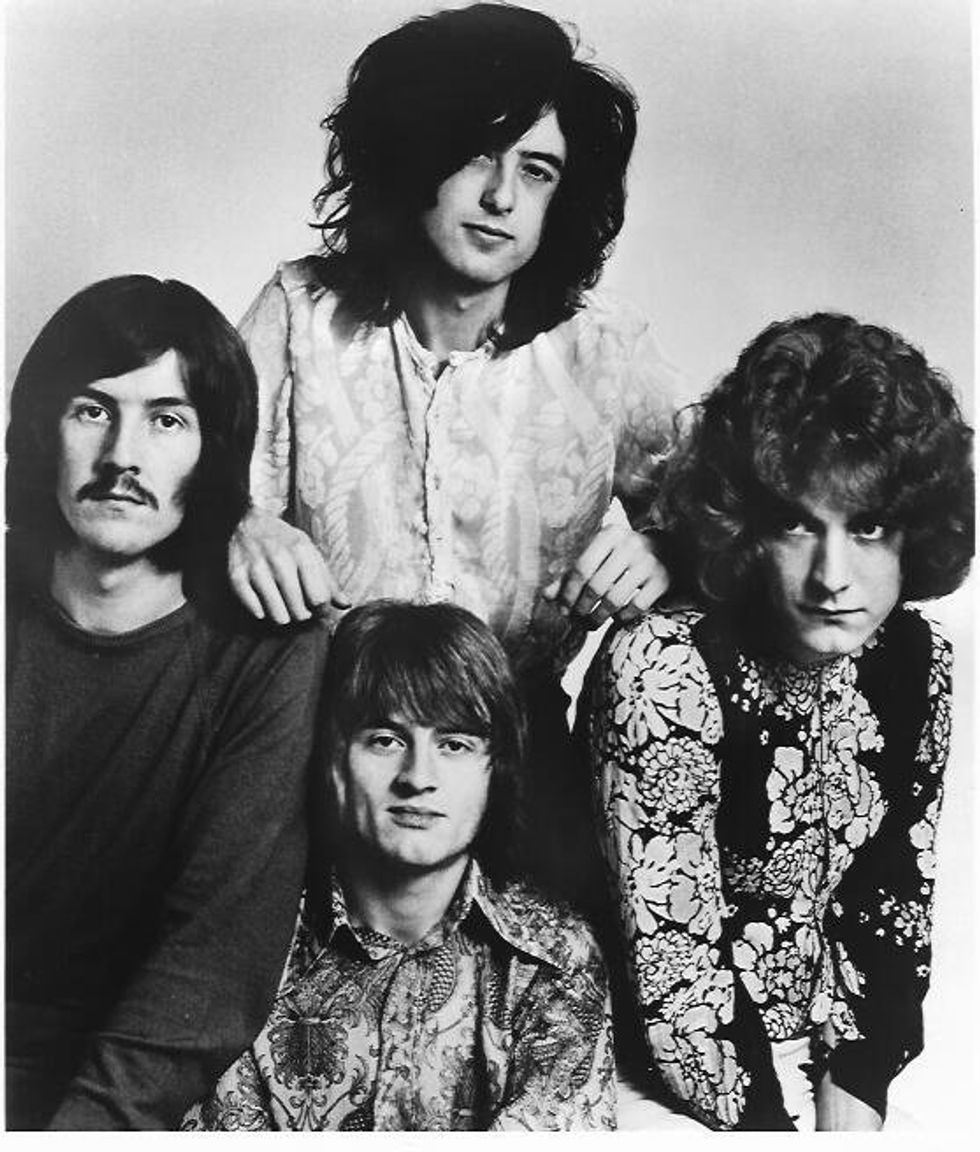Musical artistry, as exemplified by iconic bands like Led Zeppelin, often stems from an unwavering commitment to pushing boundaries rather than conforming to established norms. In an era where much of contemporary music leans towards predictability and polished homogeneity, the profound impact of Led Zeppelin serves as a potent reminder of the electrifying power inherent in authentic musical experimentation and daring innovation. Their legacy underscores a critical distinction between commercial viability and groundbreaking artistry, challenging today’s artists and the music industry to reconsider the value of risk.
The genesis of Led Zeppelin was a testament to raw, immediate chemistry and an unbridled desire to explore uncharted sonic territories. Formed in 1968, the collective genius of Jimmy Page, Robert Plant, John Paul Jones, and John Bonham quickly forged a unique sound, blending deep blues roots with an explosive rock and psychedelic edge. Their initial jamming sessions, followed by the rapid creation of their debut album in just 36 studio hours with a modest budget, highlight an organic, unfettered creative process. This early period was defined by a fearless fusion of genres and a willingness to embrace improvisational fire, laying the groundwork for a paradigm shift in the landscape of rock and roll.
A cornerstone of Led Zeppelin’s distinctiveness lay in their dynamic and unconventional approach to tempo and rhythm, a stark contrast to the rigid, click-track-driven compositions prevalent in much of modern music. Unlike tracks meticulously aligned to a static grid, Zeppelin’s songs often mirrored classical music in their fluidity, allowing tempos to ebb and flow with the emotional arc of the composition. Tracks such as “Dazed and Confused” famously demonstrate this, shifting from brooding slow sections to frenetic jams, showcasing an organic responsiveness that amplified the song’s narrative power. Their transitions, sometimes abrupt and surprising, defied expectations, proving that true musical experimentation thrives beyond metronomic constraints.
Beyond their rhythmic ingenuity, Led Zeppelin achieved remarkable sonic variety while consistently maintaining their unmistakable identity, a hallmark of their profound musical experimentation. Despite employing a vast array of instruments across their early albums—up to 15 different ones played by the four members—each song was meticulously crafted to possess its own unique character. While John Paul Jones’s bass, John Bonham’s thunderous drums, and Jimmy Page’s innovative guitar work formed the core, their collective dedication to crafting diverse soundscapes ensured that every track was a fresh auditory journey. This commitment to multifaceted sound, irrespective of instrumentation, solidified their status as pioneers of music innovation.
The evolution of the music industry has seen a profound shift from the exploratory ethos of the past to a current landscape dominated by homogeneity and formulaic production. The advent of unlimited digital tracks and the increasing reliance on AI tools, noted in a significant portion of contemporary hits, often lead to overproduction that strips music of its quirks and raw edges. Furthermore, the demands of radio and streaming platforms prioritize short, instantly gratifying singles with quick hooks, a stark departure from the era when FM stations regularly aired seven-minute epics. This emphasis on conformity and commercial safety stifles the very musical experimentation that once propelled genres forward.
Historically, the 1960s represented an exceptionally open-minded period for musical development, where record labels actively sought out and invested in unconventional artists. The success of boundary-pushers like The Beatles, Bob Dylan, and Jimi Hendrix encouraged further risks, creating an environment where a band like Led Zeppelin could flourish and push artistic envelopes even further. This paved the way for subsequent innovators such as David Bowie and Van Halen, with Nirvana often cited as one of the last major acts to truly challenge established norms, marking a significant decline in mainstream musical daring over the past three decades.
While an abundance of exceptional music is undoubtedly being produced today, there remains a pervasive trend of imitation over genuine innovation within the mainstream. The increasing integration of AI in music creation and production, rather than fostering diversity, risks further consolidating a predictable soundscape. The legacy of Led Zeppelin stands as a powerful testament that music thrives on urgency, authenticity, and an audacious willingness to take chances. Their enduring influence implores artists and the music industry alike to re-embrace the spirit of bold musical experimentation, ensuring that the future of music is defined by true artistry rather than algorithmic conformity.





Leave a Reply